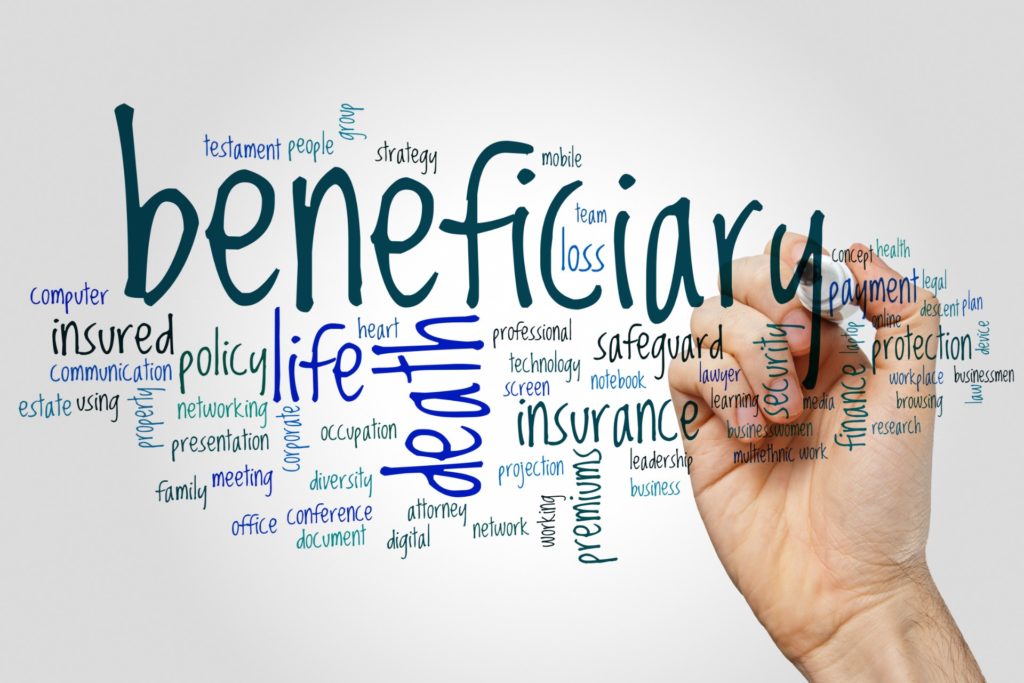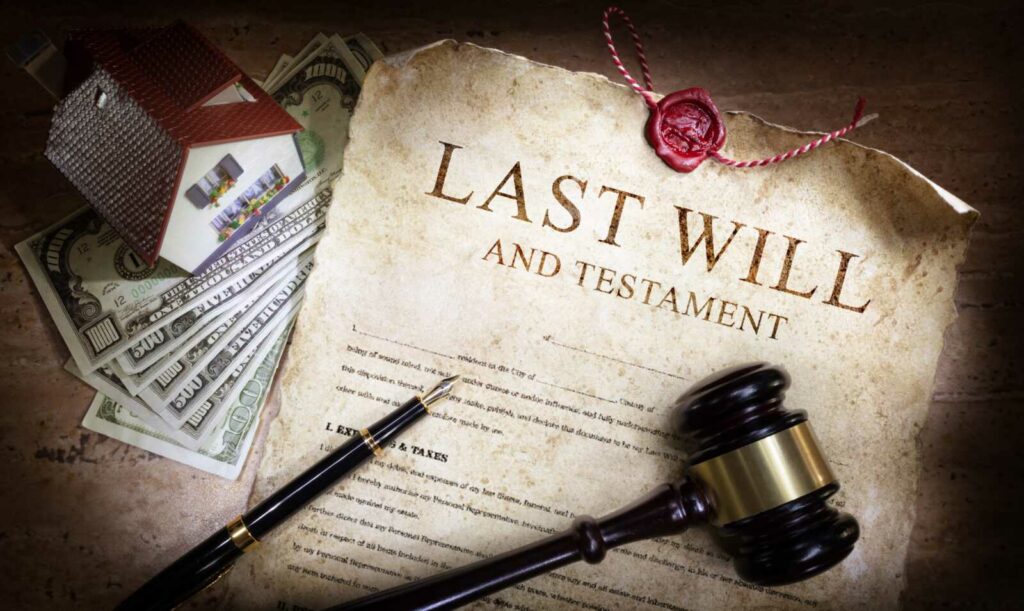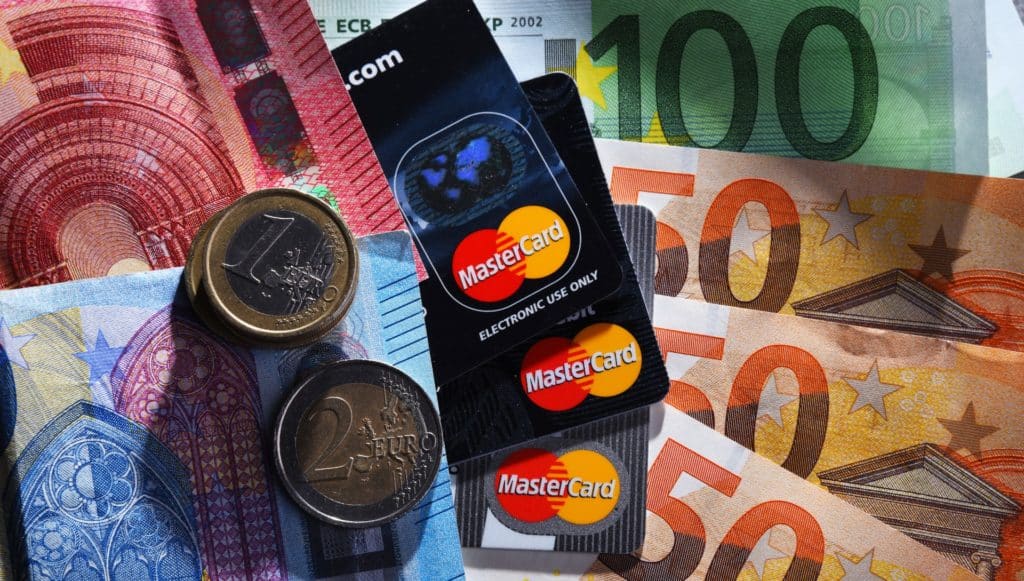
The Executor’s Duties Checklist
Serving as an executor is a significant responsibility that requires careful attention to legal, financial and administrative details to ensure a smooth probate process.
Call us Anytime
Laurel, MD 20707
Downs Law Firm, P.C.

Serving as an executor is a significant responsibility that requires careful attention to legal, financial and administrative details to ensure a smooth probate process.

Get a message offering help with a computer problem you didn’t think you had? It’s probably a scammer looking for your money and personal information.

Even though the death of a loved one comes with unbearable grief, there are important tasks you must carry out as soon as you’re able.

A badly in debt woman dies leaving the proceeds of substantial insurance policies to her children only to have her trust contested by relatives who claim an amendment naming the children as beneficiaries is invalid with no witnesses, misspelled names, suspicious signatures and was never given to previous trustees for review as required by agreement. A long, expensive, and protracted legal battle likely is brewing.

Usually when asked to be the executor of a family member’s estate, the person feels honored and trusted. It’s a big responsibility, since the executor will be carrying out a person’s final wishes.

Especially with the average U.S. household having $7,027 in revolving credit card debt and Americans owing a total of $416.1 billion in credit card debt, according to a recent Nerdwallet study, some Americans will have credit card debt for the rest of their lives. However, what happens to credit card debt when you die?

There are continuing misconceptions regarding what powers are held by a personal representative and when he can exercise them.
Generally, when settling an estate, debts and expenses are paid first, charitable and spousal transfers follow, and applicable estate taxes are levied afterward.

Unfortunately, credit card debts do not disappear when you die. Your estate, which includes everything you own–your car, home, bank accounts, investments, to name a few–settles your debts using these assets.